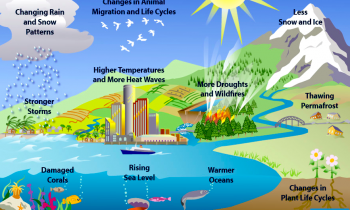Subject: Caste Discrimination
The problem of untouchability or caste discrimination is generally identified in the context of India, without realising that Bangladesh is a country where significant number of outcaste people lives and their fundamental rights are violated by the ethnic majority people rather systematically. According to the survey conducted by PROTISHRUTI-JESSORE, nearly 30% of the population in three upazilas [sub-districts] of Jessore districts is outcaste of various descriptions. They are denied of access to common property, hair dressing shops, hotels and restaurants etc on grounds of caste discrimination. Caste based discrimination is worse than slavery according to Dr. Amedkar. So far major NGOs and the government have largely bypassed the issue of systemic violation of fundamental and universal human rights of the outcaste people. The untouchables or outcaste people are known as Dalit in India. Mahatma Ghandhi called them Harijan. In Bangladesh, they are known as Antyaj community. In India. the outcaste or Dalits are more organised and there is affirmative discrimination policy and programs of the government for their upliftment. In Bangladesh such policy and programs are absent.
Download the Development Case Study
Please note that this case study is old. Please if you need a new one contact us. Thanks.



